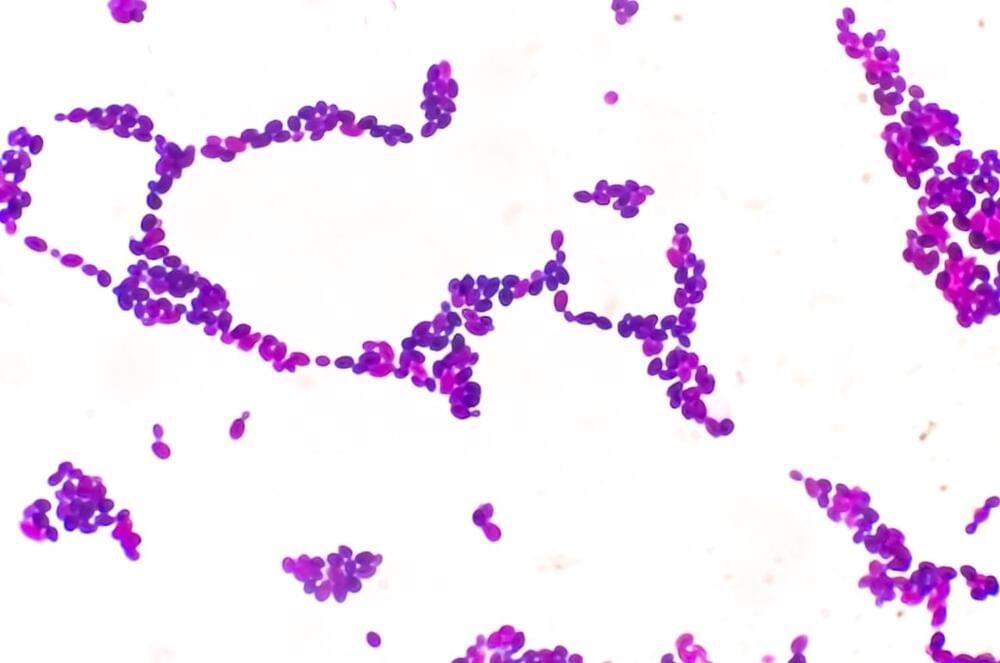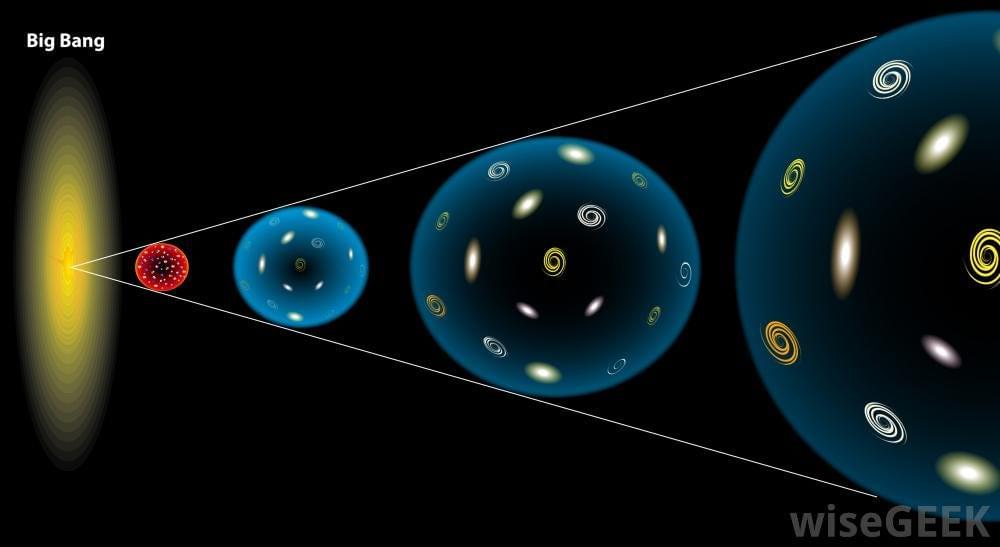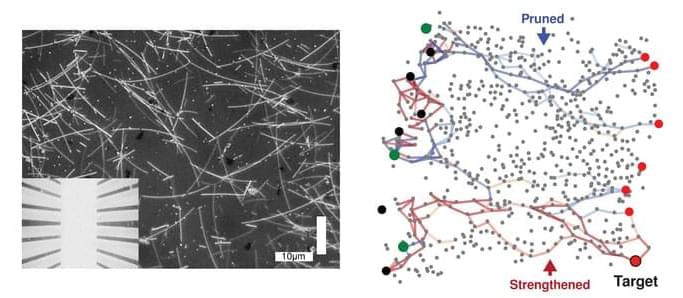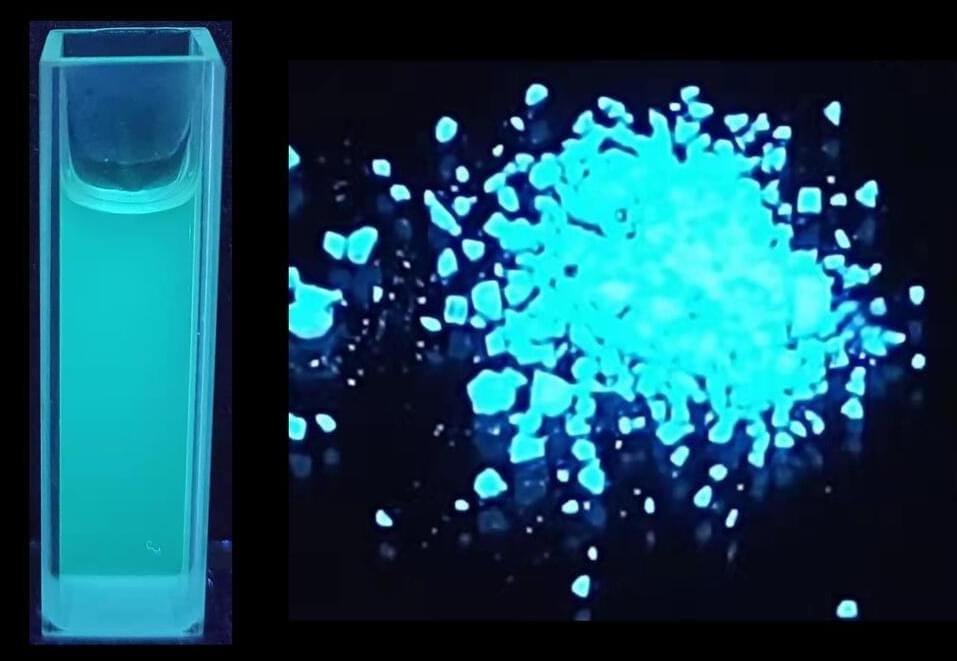Join top executives in San Francisco on July 11–12, to hear how leaders are integrating and optimizing AI investments for success. Learn More
The explosion of new generative AI products and capabilities over the last several months — from ChatGPT to Bard and the many variations from others based on large language models (LLMs) — has driven an overheated hype cycle. In turn, this situation has led to a similarly expansive and passionate discussion about needed AI regulation.
The AI regulation firestorm was ignited by the Future of Life Institute open letter, now signed by thousands of AI researchers and concerned others. Some of the notable signees include Apple cofounder Steve Wozniak, SpaceX, Tesla and Twitter CEO Elon Musk; Stability AI CEO Emad Mostaque; Sapiens author Yuval Noah Harari; and Yoshua Bengio, founder of AI research institute Mila.





